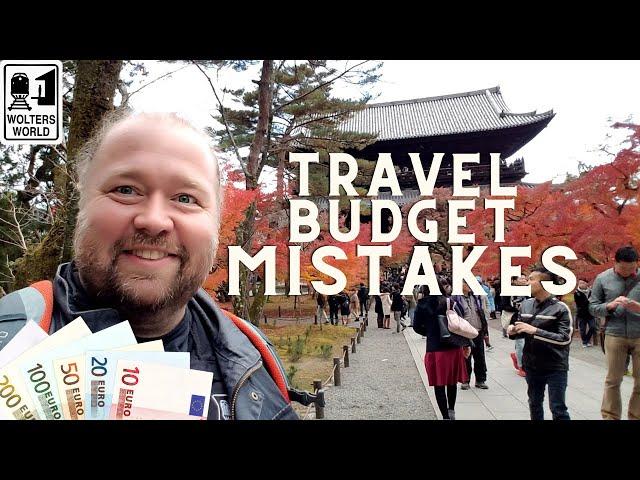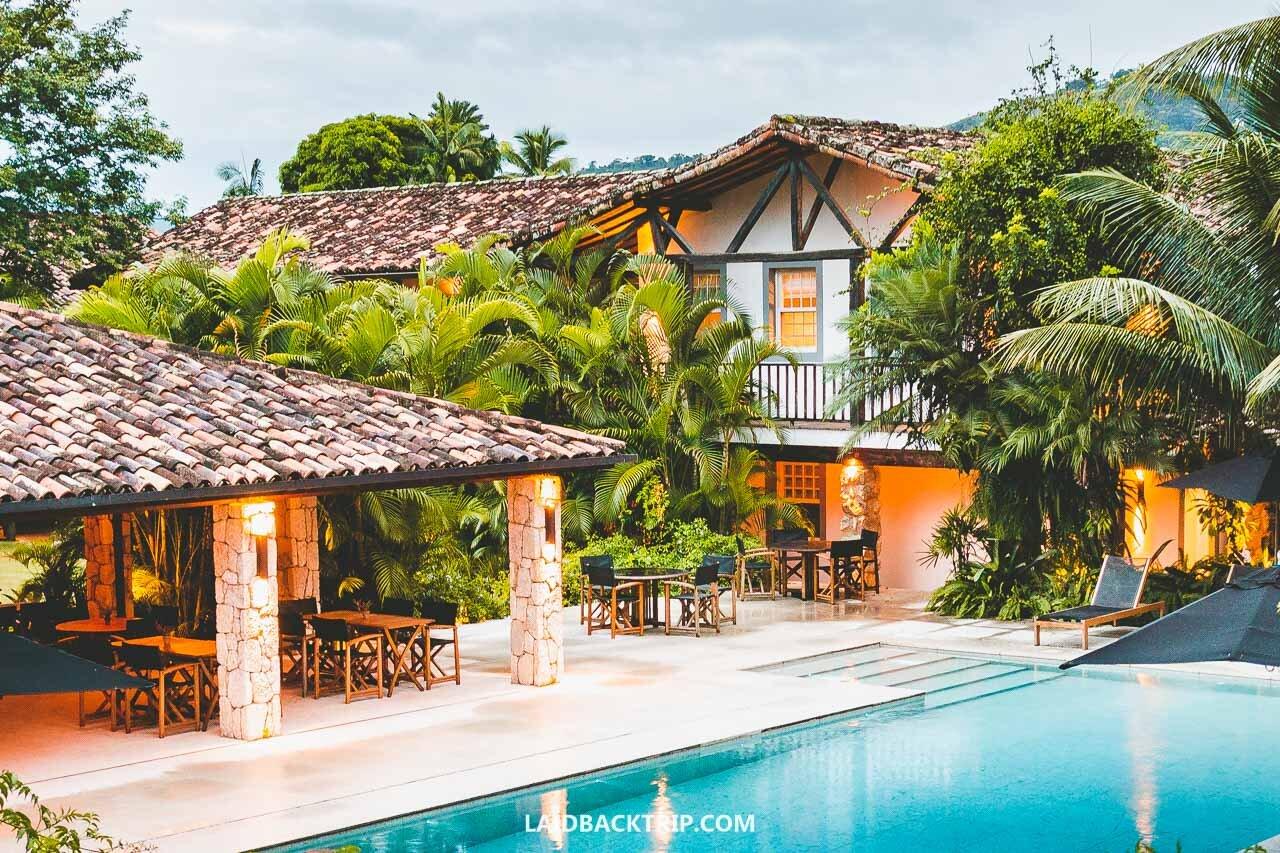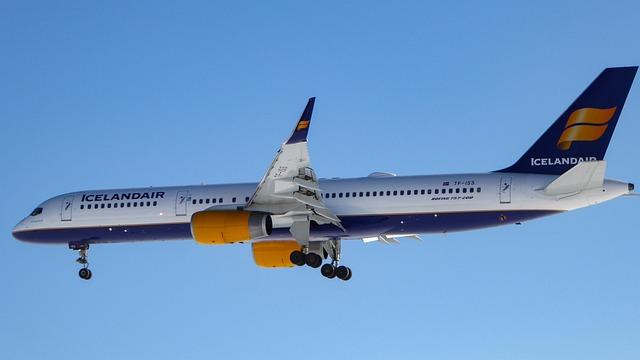
Common Pitfalls in Budget Travel Planning and How to Navigate Them
When venturing into budget travel planning, many fall into the trap of underestimating hidden costs. It's easy to calculate flights and accommodations but forget fees like baggage charges, local transportation, and tourist taxes. These seemingly small expenses can quickly add up, turning a thrifty trip into a costly one. To stay on track, create a detailed budget that includes not just the major expenses but also daily incidentals—think coffee stops, entrance fees, and tips. Another common oversight is overpacking, which often leads to extra baggage fees or cumbersome travel. Pack smart by researching the local climate and planning versatile outfits. Less luggage means more flexibility, especially if you’re hopping between cities or countries.
Failing to research the destination thoroughly is another barrier to a successful budget adventure. Many travelers rely too heavily on guidebooks or generic online lists without diving deep into local customs, public transit options, or affordable dining spots. Instead, tap into community forums, regional blogs, or social media groups where locals share real-time tips and hidden gems. A little homework can uncover affordable alternatives to tourist traps, such as public markets for meals or free walking tours, maximizing your experience without maxing out your wallet. Below is a quick reference table outlining common pitfalls and practical solutions:
| Pitfall | Impact | How to Navigate |
|---|---|---|
| Hidden Fees | Unexpected expenses | Budget for extras |
| Overpacking | Extra baggage costs | Pack light and versatile |
| Lack of Research | Missed opportunities | Use local insights |
| Ignoring Local Transit | Expensive rides | Leverage public transport |

Choosing Accommodation Wisely Without Breaking Your Budget
Finding the perfect place to stay without blowing your budget requires a mix of smart research and a bit of flexibility. Opting for locations slightly outside city centers or major tourist hubs can dramatically cut costs while offering a more authentic experience. Consider alternatives like hostels with private rooms, guesthouses, or even short-term rentals where you can save money by cooking your own meals. Always check recent reviews to avoid unpleasant surprises and ensure the place matches your expectations.
To balance comfort and cost, create a simple comparison table before booking. Focus on factors such as price, location, amenities, and cancellation policies to weigh each option effectively.
| Accommodation Type | Average Nightly Cost | Key Benefits | Potential Drawbacks |
|---|---|---|---|
| Hostels (Private Room) | $30 - $50 | Budget-friendly, social atmosphere | Limited privacy |
| Guesthouses | $40 - $70 | Local charm, often includes breakfast | Variable quality |
| Short-term Rentals | $50 - $90 | Kitchens, homely feel | Cleaning fees may apply |
| Budget Hotels | $60 - $100 | Consistent standards, central location | Less character, can be crowded |

Saving Smart on Transportation Without Sacrificing Convenience
Travelers often believe that opting for the cheapest transport options means compromising on comfort or timing, but savvy planning can prove otherwise. Utilizing public transportation passes, rideshare apps, or even cycling can drastically reduce costs while maintaining flexibility. For example, many cities offer multi-day transit cards that not only cut expenses but also enable unlimited travel within specified zones — perfect for spontaneous exploring without the hassle of buying individual tickets.
- Book train and bus tickets early to snag discounted fares.
- Combine modes of transport — such as using shared bikes for short distances to save on taxis.
- Check for travel apps or local deals offering bundled transportation packages.
| Transport Mode | Average Cost | Convenience Level |
|---|---|---|
| City Transit Pass | $10/day | High |
| Rideshare (Shared) | $5-8/trip | Medium |
| Bicycle Rental | $3/hour | High |
Remember, bypassing taxis for local options like shared shuttles or even walking short distances can add up to significant savings without sacrificing comfort or your itinerary’s flow. Adopting a mindset focused on smart travel choices helps maintain convenience while keeping your budget intact. In essence, strategic transportation choices don't have to slow you down; they can enhance your journey and let you experience destinations like a local.

Eating Well on a Budget Tips for Affordable and Authentic Meals
Navigating local food markets and street vendors is often the key to unlocking meals that are both affordable and steeped in authenticity. Instead of heading to touristy restaurants, try sourcing ingredients directly from markets where locals shop. Buying fresh produce, spices, and staples like rice or beans from these spots not only saves money but also offers a unique glimpse into local culture. Preparing simple meals using these ingredients in hostel kitchens or temporary accommodations turns eating well into an engaging and budget-friendly experience.
Planning meals around seasonal and regional specialties can dramatically cut costs while delivering vibrant flavors. Avoid imported or luxury items and focus on staples that locals commonly enjoy. Here's a practical guide for budget-friendly food choices in travel destinations:
| Category | Budget-Friendly Local Options | Why It Saves |
|---|---|---|
| Protein | Lentils, eggs, local fish | Inexpensive, readily available |
| Carbohydrates | Rice, corn, bread | Staples with long shelf life |
| Vegetables | Leafy greens, carrots, tomatoes | Seasonal and packed with nutrients |
| Flavorings | Local herbs, chili, garlic | Adds authenticity without cost |







Responses (0 )